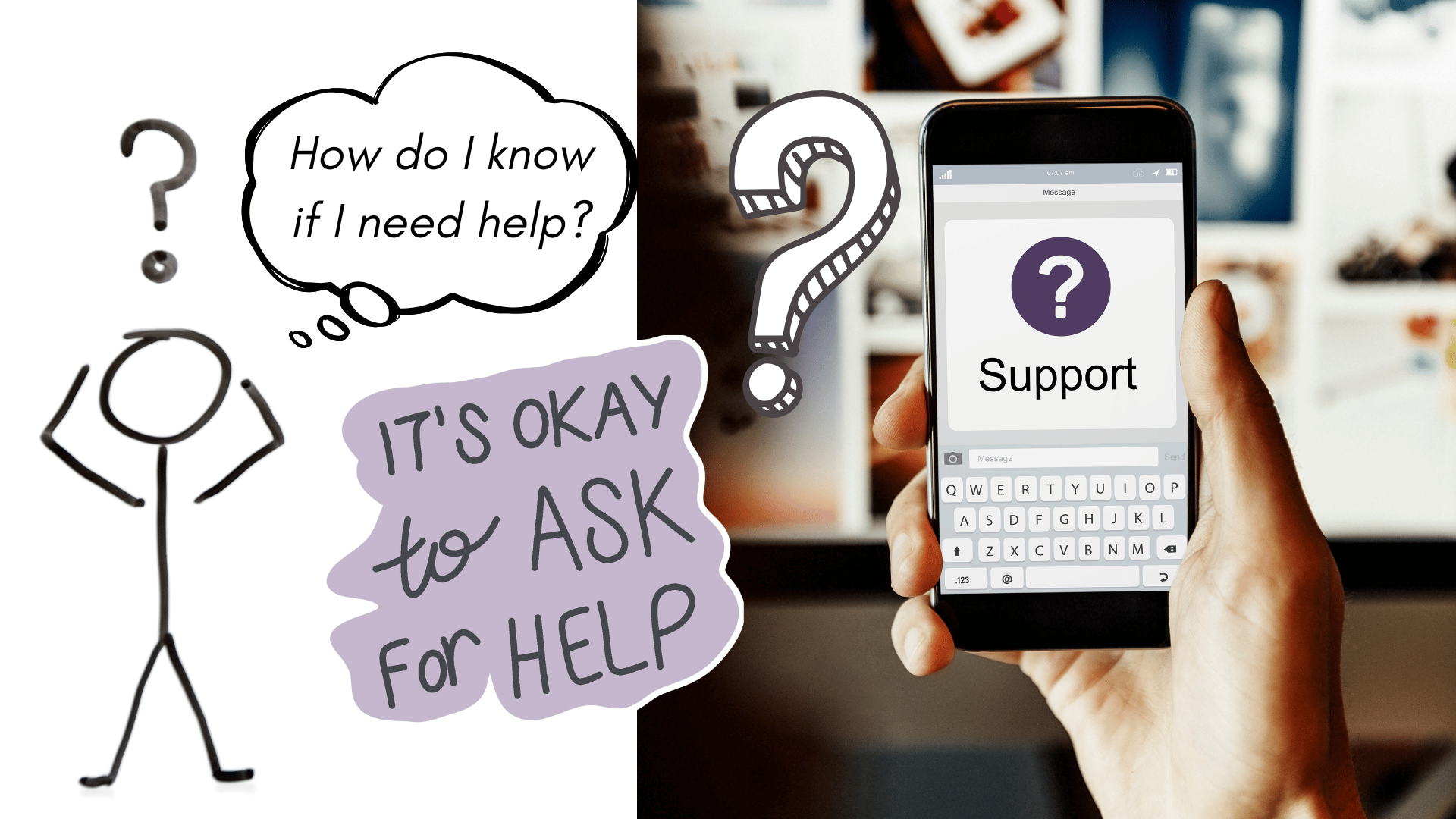There’s a quiet question many people carry for weeks, sometimes years:
“Do I really need help?”
Or its close cousin:
“Is this bad enough?”
If you’ve ever asked that, pause here… because it already tells you something important.
The Myth of ‘Bad Enough’
Many of us were raised to believe that support is only for people in crisis, those whose lives are falling apart, who can’t get out of bed, who cry all the time.
So if you’re still functioning and still showing up at work, still handling parenting duties, still replying to messages it’s easy to convince yourself that you’re fine.
But here’s the thing:
Just because you’re coping, doesn’t mean you’re okay.
Mental and emotional health don’t wait for collapse to send signals. They whisper first: in the sleepless nights, the short fuse, the sense that life feels harder than it should.
When to Pay Attention
Here are some signs that may indicate it’s time to reach out:
-
You feel emotionally flat or disconnected… even from things you used to enjoy.
-
Your stress is constant, not situational.
-
You’re irritable more than usual, or quick to anger.
-
Your body feels tired, but rest doesn’t help.
-
You’re questioning your worth, your role, or your direction.
-
You find yourself avoiding people, places, or conversations.
-
You’re using coping habits that feel more like escape (alcohol, screens, overwork).
Not all of these mean something is “wrong” … but they’re often signs something needs your attention.
Support Isn’t a Last Resort… It’s a Resource
Think of help not as a fire extinguisher, but as a compass.
Psychological support is not just about fixing problems. It’s about building capacity. It’s about having a space where your thoughts don’t have to be filtered, where your fatigue is understood, and where your next steps are shaped with clarity.
You don’t need a diagnosis to benefit from insight.
You don’t need to be in crisis to deserve care.
And you don’t need permission to start.
You Are Allowed to Reach Out
Whether you choose therapy, a one-off consultation, or a support group… the act of reaching out isn’t weakness. It’s strategy. It’s a recalibration toward something better.





